This week we will study Genesis 12 and the promises God gave to Abraham. This is very important passage because it tells us that something big is going to happen. We don’t know when or where or how but it is. Imagine being Abraham and being told by God that his family would become a nation that is so large it couldn’t be counted. He didn’t even have a child yet. Or that all the land he was living in would belong to his family. Or the most important — that through his seed all the world would be blessed.
I plan on the children memorizing these three promises to Abraham. I originally thought I would have them memorize the actual text but I think we’ll just memorize the promises in their own words. We’re still working on the rainbow promise God gave Noah and that may take the rest of the quarter so I’m being flexible.
I also plan on introducing the 17 time Periods of Bible as described by Bob and Sandra Waldron. This quarter we are actually learning about the first four so we will definitely learn those but I hope to be able to get a running start on memorizing the others as well. Ed Smith and his family came up with some hand movements to help with the memory. The point of learning these time periods is to help the children keep everything in order. We’re studying the Bible in a chronological order so that helps but when they hear a Bible story outside of class, I want them to feel confident that they know when it happened. The list is kind of like pegs. Each peg (or time period) that they learn will give them something to hang any new information they get on to. Here’s the list of time periods and the hand movements:
17 Time Periods of the Bible
List by Waldrons, hand movements by Ed Smith family.
- Before the Flood – Hands and arms shaping the world.
- The Flood – Arms out, palms down and swing back and forth from center out – on level plane.
- Scattering of the People – Wiggle fingers and the hands “wanders” away from you.
- First Fathers – One hand outstretched as if holding a “staff” .
- Exodus from Egypt – Two palms together and then “separate” the Red Sea.
- Wandering in the Wilderness – One hand palm up with fingers of the other hand “wandering over the other palm, while the palm is also moving in a semi circle.
- Conquer and Divide the Land – Action of drawing arrow back from the bow and releasing the arrow. Then one hand “slicing” the other hand.
- The Judges – One hand flat, palm down and the other in a fist hitting hand as if a gavel.
- United Kingdom – Hold hands together.
- Divided Kingdom – Separate fisted hands one above the other.
- Judah Alone – Make top fisted hand disappear behind your back.
- Captivity – Two fisted hands held up together in front of chest as if chained together, palms facing you.
- Return From Captivity – Open palms brought to chest.
- Years of Silence – Finger to lips.
- The Life of Christ – The sign for Christ in International Sign Language – Each middle finger touching the other palm back and forth (representing the nails).
- The Beginning of the Church – invert fingers laced together and hold up showing all fingers upward.
- Letters to the Christians – “Write” on the palm of the other hand.
Lesson Plan:
Prayer — Discuss things to pray for. Offer to let one of them say a prayer if they would like.
Review: Using the timeline, review the Bible story so far (creation, Adam/Eve, Noah, etc)
Bible Lesson: Read Genesis 12. After reading go back and discuss the first few verses. Add Abraham to the target (pictures of this will come very soon).
Memory Work: Continue memorizing Genesis 9:12-16
Singing: God Gave Me, The Rainbow, Three Promises to Abraham (by Glenda Schales)

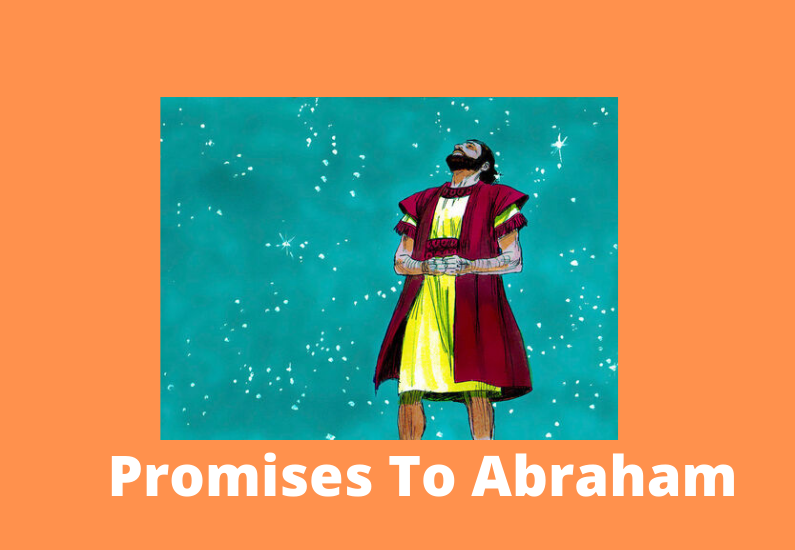

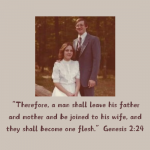
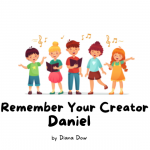
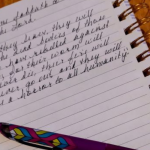

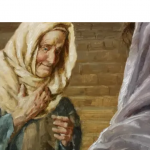
My name is Trisha. I live in Marktleugast, Germany.I
randomly stumble on biblesongsandmore.com. I just want to say
that I liked your blog post about ” The Promise to Abraham “.
Look at my site: restaurants near metro center dc